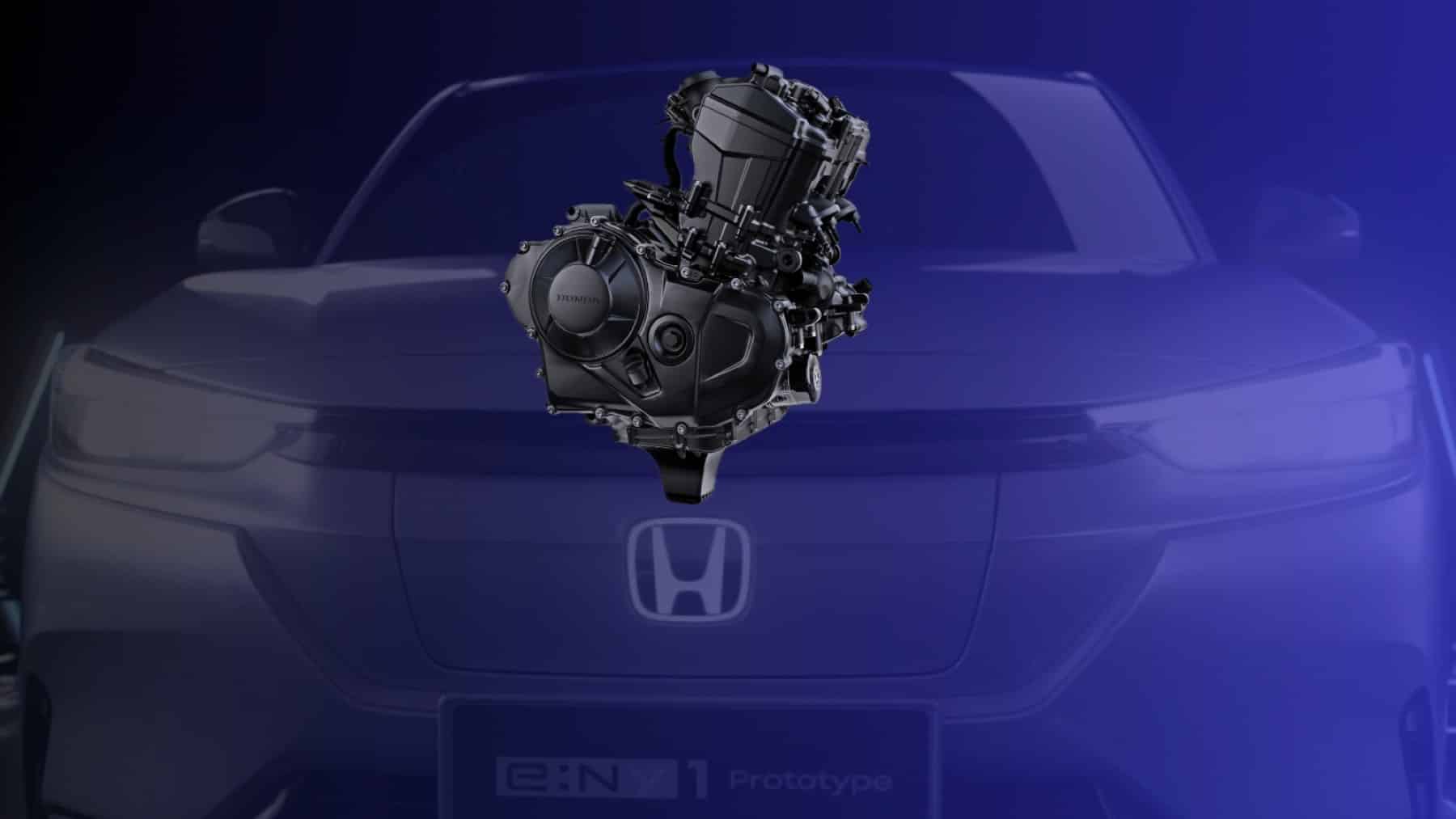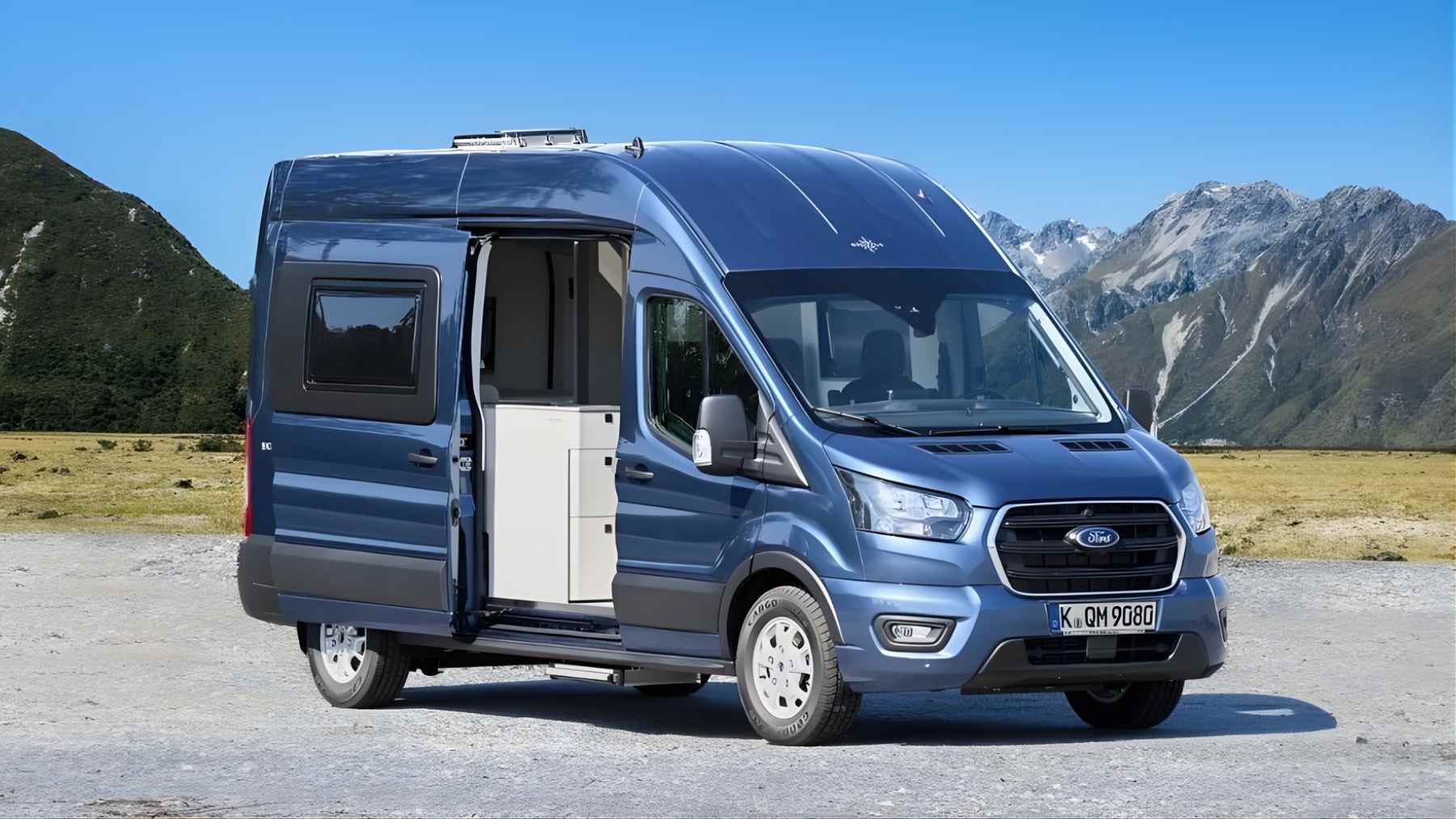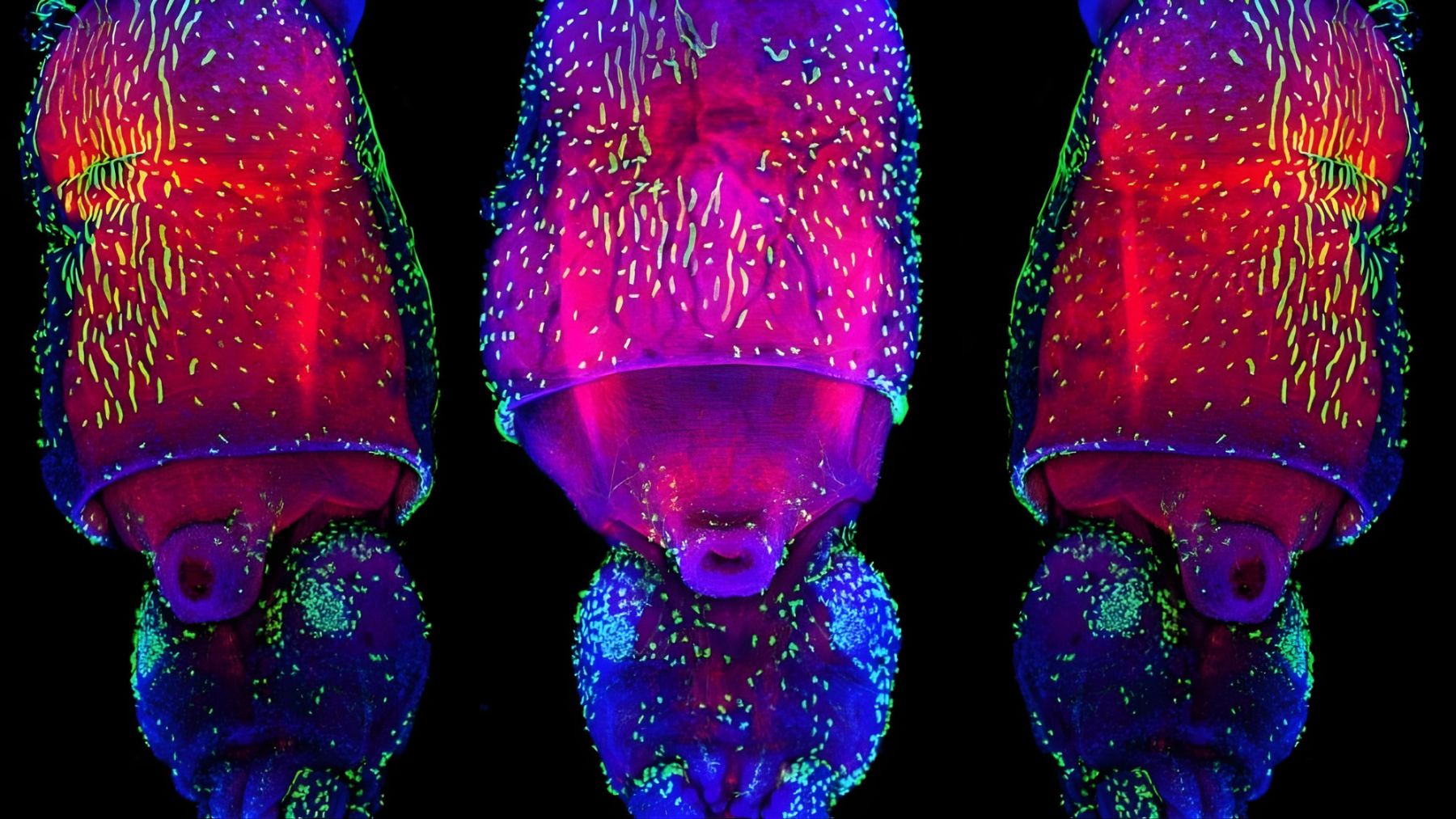Are EVs about to be abandoned by this automaker? In an era dominated by concerns for the sustainable future of the planet, the automobile industry has been focusing on transforming passenger vehicles towards alternative engine solutions, with the electric vehicle (EV) being hailed as the essential cornerstone to this success. However, this one automobile company has made a surprising announcement regarding the future of its EV production, with its new engines pivoting to this fuel.
The EV takes over the automobile world
No other alternative type has dominated the passenger vehicle world the way the EV has. What initially started as a niche concept, mirroring the stuff of science fiction, has since grown to become the future that the automobile world has set its sights and hopes upon in order for automobile developers to reach their carbon-neutrality goals.
Electrical vehicle developer Tesla has played a large role in the rise to fame of the EV, not only thanks to their advanced battery engine technology but also due to making the electric vehicle into a desirable and luxurious product. Today, nearly every major automobile developer provides some type of electric model in their lineup in order to remain competitive and highlight to consumers their commitment to sustainability.
However, the internal combustion engine continues to dominate the roads. To truly convince consumers to adopt alternative engine initiatives, these vehicles must not only be offered to consumers at competitive entry-level price points, but the supporting infrastructure needs to be scaled up in order to become more prevalent and accessible across both industrial and remote locations.
This automobile developer leaves behind the EV?
With the imminent effects of irreversible climate change damage looming, it would seem counterproductive for automobile developers to be scaling back their EV plans. However, Japanese automobile developer Honda recently announced earlier this year that this would be the direction they would be taking for the future of their EV production.
The company will be scaling back its full EV production by 30%, instead choosing to focus on hybrid technology. The decision is due to an overall global decline in full EV sales by consumers.
“Based on the current market slowdown, we expect EV sales in 2030 to fall below the 30% that we previously targeted,” said Honda CEO Toshihiro Mibe
Honda previously had plans to invest $69 billion into their EV production by 2030. However, this number has now shrunk to just over $48 billion in response to consumer demand. Instead, the company has now pivoted to launching 13 brand-new hybrid electric models by 2031, with plans to sell between 2.2 million and 2.3 million hybrid models by 2030.
While the company may be scaling back its full EV production plans, Honda remains invested in producing sustainable and alternative engine initiatives. The company recently entered a collaboration with Toyota, Kawasaki, Suzuki, and Yamaha to produce hydrogen-powered engines for small mobility vehicles such as motorcycles.
Automobile companies continue to pioneer sustainability
Despite downward trends in EV sales, automobile companies continue to invest in sustainable and alternative vehicle technology while balancing consumer demand for internal combustion engines. Japanese automobile developer Toyota has been particularly influential in this, offering both advanced alternative engine models in the form of both electric and hydrogen fuel-cell engines, and partnering with competitors to accelerate the adoption of alternative engine technology.
These collaborative efforts partly inform Toyota’s vision to create a hydrogen-powered society. This vision aims to see hydrogen as a cornerstone renewable fuel source for the world to draw upon to phase out fossil fuels from not just the automobile world, but from all energy-demanding activities. To achieve this, the Toyota Mobility Foundation has launched a hydrogen society research program to fund technologies in hydrogen production, transport, storage, and utilization with a target of commercialization by 2030.
Disclaimer: Our coverage of events affecting companies is purely informative and descriptive. Under no circumstances does it seek to promote an opinion or create a trend, nor can it be taken as investment advice or a recommendation of any kind.














